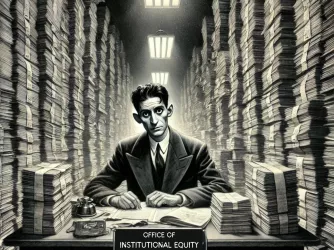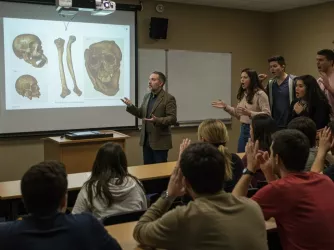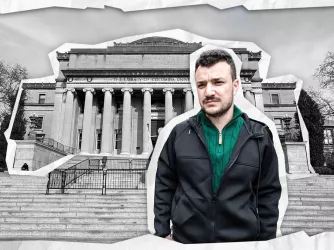Table of Contents
‘USA Today’ Gets It Right on Trigger Warnings in Higher Education

Earlier this week, the editorial board of USA Today penned an excellent piece describing the free speech and academic freedom problems presented by the spread of “trigger warnings” into higher education. We have written previously about the fact that mandatory trigger warnings—statements or disclosures that certain writings or discussions include content that may trigger traumatic responses in some individuals—are a threat to students’ free speech rights and faculty members’ academic freedom.
While trigger warnings originated with Internet discussions of topics such as violence against women, as the USA Today editorial board recognizes, their broad intrusion into academia is much more problematic:
In academia, trigger warnings are another matter entirely. At best, they are silly. By the time today's students get to college, they've been exposed to all manner of sex, violence and depravity on the Internet, on TV and at the movies. It's hard to believe that any significant number are truly shocked by something they encounter in a college classroom.
At worst, the warnings involve outright censorship. Until it had second thoughts and tabled its policy, Oberlin College in Ohio directed professors to remove triggering works from their courses if they did not contribute directly to learning goals.
In addition to the startling Oberlin example, the article cites recent issues at the University of California–Santa Barbara and Wellesley College, where students vociferously objected to a campus statue of an underwear-clad man, claiming that it may trigger feelings of fear and distress among survivors of sexual assault. Summing up the lessons to be learned from these campus episodes, the USA Today editorial board concludes:
This is not to say that students shouldn't be able to complain about works, or that PTSD isn't serious. But it does mean that simplistic, coddling warnings are a terrible idea. Swaddling students in such niceties is no way to prepare them for life.
Very well said! For more about this topic and its increasing significance in higher education, be sure to read the whole thought-provoking, timely piece over at USA Today.
Recent Articles
FIRE’s award-winning Newsdesk covers the free speech news you need to stay informed.

Navigating the Kafkaesque nightmare of Columbia's Office of Institutional Equity

A picture is worth a thousand words — unless a college district bans it

Intimidating abridgments and political stunts — First Amendment News 461
